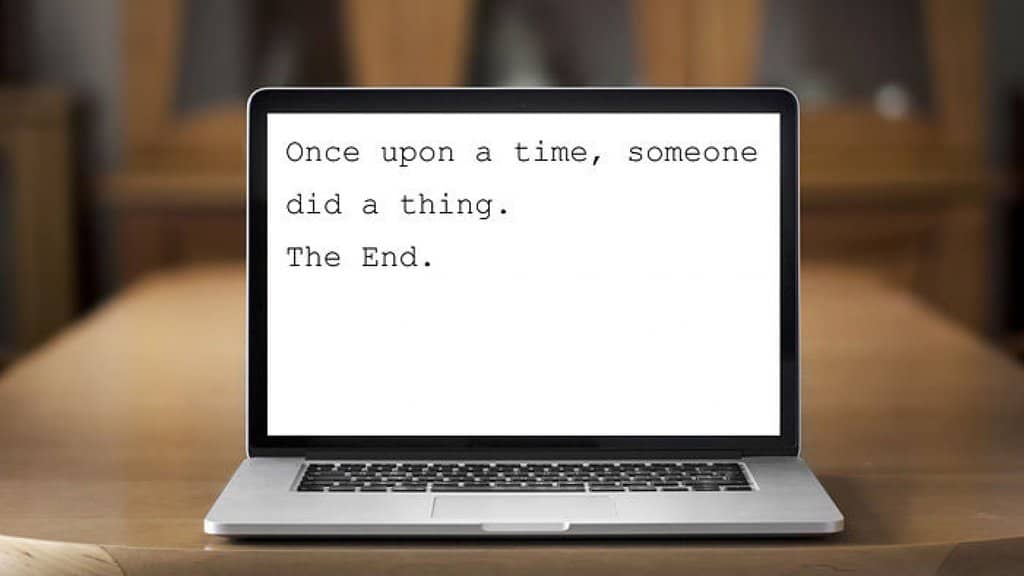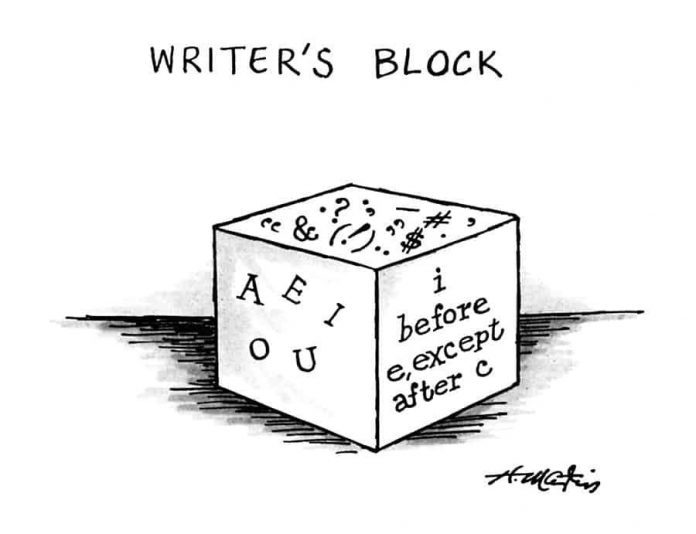Experiencing writer’s block can be a horrible feeling; I know this from personal experience. Almost all writers will, at some point, have that moment where writing seems impossible. Sometimes, an amateur writer will even give up on writing completely, discouraged and unwilling to continue. This truly is a shame, and unnecessary for those who truly desire to write.

Before you find yourself sprawled on your living room floor and soaking the carpet with your tears, take a moment to consider what writer’s block really is and how it can be combated, perhaps even avoided, in the first place.
What is Writer’s Block?
Writer’s block is not a mental disorder, though sometimes it does feel that way, even to those people who write for a living, myself included. Writer’s block is really self-doubt and confusion. It’s that moment when a writer just seems to implode, not for any external reason, but because their own negative thoughts just seem to take over.

A writer experiencing writer’s block may have many thoughts running through their head. Some of these are more damaging than others. In the recent months, I have caught myself with dwelling on many negative thoughts immediately before writer’s block sets in.
- I am not a writer, I’m just doodling on the paper.
- I absolutely do not deserve to be successful.
- Who would want to read this anyway?

- I can’t submit this until it’s perfect. Since it’s not perfect, and never will be, why bother?
- Even if I do finish it and submit it, it’s only going to be rejected anyway.
All of these thoughts lead immediately to writer’s block. If you catch yourself thinking these, it’s time to start avoiding writer’s block.
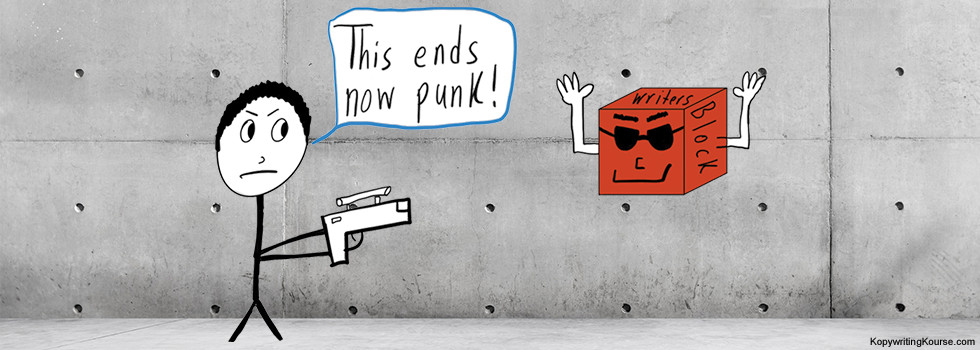
Tips for Avoiding Writer’s Block
There are many different methods for avoiding writer’s block, and everyone has methods that work for them. It would be impossible for me to detail each method here. Therefore, I’ll focus on the tips and methods with which I, personally, have had great success.
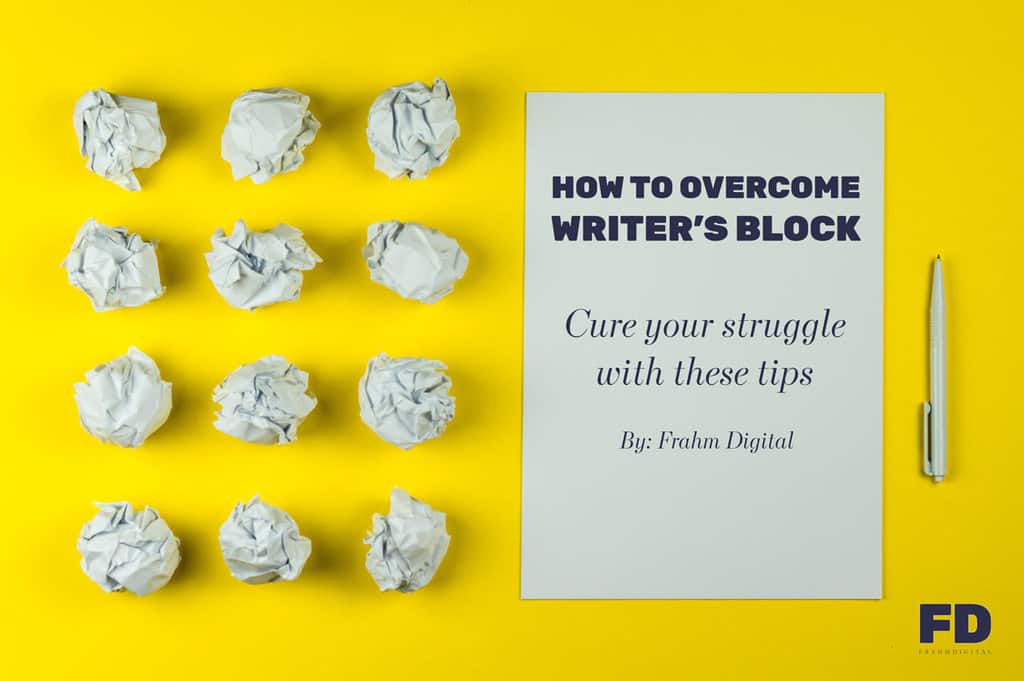
- Write through it. When writer’s block is sneaking up on me, I work very hard to just keep writing. Maybe what I’m writing at that moment will be just gibberish, but continuing to write often helps me to fight off writer’s block.
- Write something else. Personally, I always have multiple projects in the works. A novel (maybe two), a non-fiction book, dozens of article ideas, and whatever else pops into my head. So, when in danger of hitting writer’s block, I switch projects. It usually helps to give me a little extra boost of creative energy exactly when I need it.
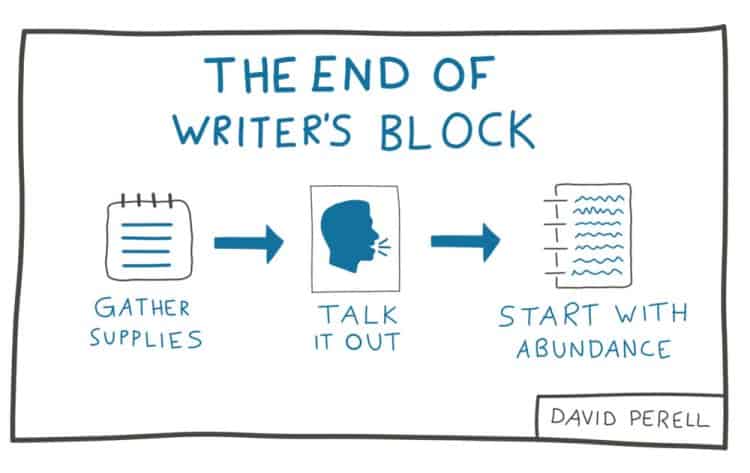
- Do something else. I will admit that there are times when writing is just not going to happen. In this case, I go for a walk to clear my head, come back, and deliberately do not write. Usually, I pull out a good book, and settle down for a long read. Usually, by the time I’m finished reading, the writing part of my brain has reengaged, and I’m able to write again.

- Write everyday. This is an absolute must for me, because it keeps the creative juices from slowing down to a crawl. Even on days when I’m too busy to write, I force myself to take a few minutes and write at least a few paragraphs. That way, I feel as if I did accomplish something, even if it wasn’t much.

- What Is Aromatherapy Vs. What Are Essential Oils?
- What is La Tomatina in Bunol, Spain Like? What to Expect at the Famous Tomato Throwing Festival
There are a dozen other ways to avoid or combat writer’s block, and every writer will have their own methods. The four tips above are my personal methods, and they work for many others I know as well. However, it is important that each writer use a technique that works for them. Ultimately, overcoming writer’s block is a matter of simply writing, by whatever method works for you.
